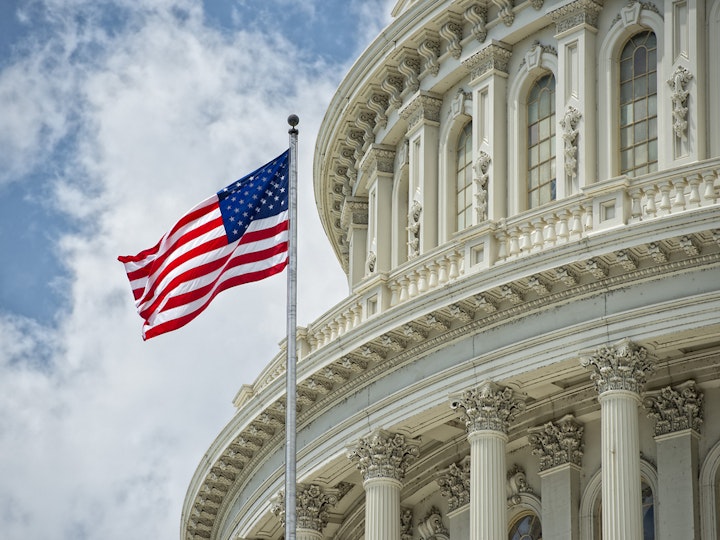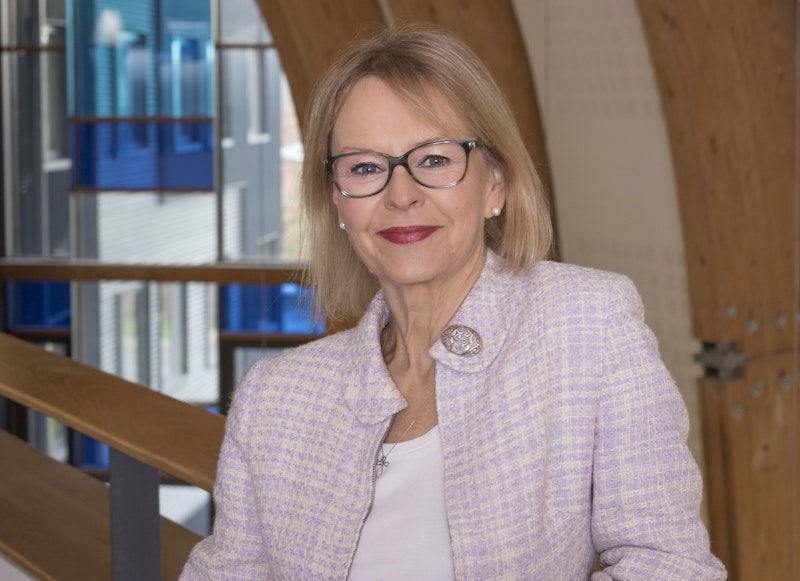A black woman Vice-President? Is this going to happen?

Kamala Harris has been confirmed as Democrat candidate Joe Biden’s running mate. Could she be the first woman vice-president? We can only hope!
I would imagine, if you are democratically-minded that this is an obvious and astute move by Biden. The USA is crying out for a more diverse representation in senior office and this would be a clear signal of change in the way that the USA takes forward politics and the government of the country.
Of course, there has already been a Black President in Barack Obama, but there has never been a successful woman as either Presidential or Vice-presidential candidate. These are all symbolic possibilities. However, rational thinking tells us to look at this candidate according to her substance for undertaking this job. Is she Vice-presidential material? Will she complement Biden’s policies? What influence can she actually exert?
Strong pedigree
Kamala Harris is 55, of Indian/Jamaican parents, born in California USA. She describes herself as being American and refuses to put other labels on her heritage. She was primarily raised by her Indian mother who recognised that bringing up two ‘black’ girls in the USA brought certain challenges. Harris has a very strong pedigree in public service, having been a District Attorney and the first black person to serves as California’s Attorney General.
Ms Harris was a strong opponent of Biden’s in the campaign for the Democratic nomination, but pulled out of the race in late 2019. She gave very strong debate performances and argued with her soon-to-be boss on several occasions, demonstrating her ability to cross-examine the witness. Seemingly, her campaign dried up as she was not clear enough about where she stood on important issues such as police and drug reform.
Where does all this place her as a potential Vice-president? She certainly has the legal training which is often a key attribute of those in senior political office. She also comes to the top table at a time when reform of policing, consideration of social measures, tackling racism and discrimination in society and building bridges between communities has never been more acute.
The role of Vice-president has often been seen as a vanity position with little substance behind it. How many people know what Mike Pence has done to influence change during the Trump presidency? However, there is much more to this role that onlookers perhaps appreciate. Certainly, in his own term as Vice-president, Joe Biden moved behind the scenes to influence, facilitate and mediate so that President Obama’s policies were successful. He played devil’s advocate between key groups of sometimes disagreeing parties in order to bring consensus and forward momentum. His is however, dogged by a reputation of making serious gaffes when going ‘off-script’ or straying from agreed business.
Harsh opposition
I would suggest that Kamala Harris needs to be very visible. Operating behind the scenes will give no impact to this appointment at all. To do this, she needs to take a strong stance on key issues and work with Biden to agree where she will take a lead. Clearly, her expertise is as a negotiator and interlocutor. She can exercise these skills to uncover clear strategies for domestic policy around cultural issues and law and order, whilst Biden, whose strengths lie in foreign policy, takes the lead elsewhere. A third role, that of Secretary of State will, therefore, be crucial and these three may act together to cover all of the main issues.
If elected, this Vice-president is going to have to be resilient. The opposition to her will be continuous and harsh. She will face derision and argument at every turn and there will be many attempts to ruin her reputation and her ideas. She will need to be robust and persistent in her messages to right past wrongs and forge ahead to a better future.
Kamala Harris needs to assert her position as a strong black woman at the heart of US Government. She needs to stand for women, BAME people and for a society which is more balanced, equal and fair. She needs to show that by creating a more equal society, the US economy will be stronger, that there is a moral imperative to change the current situation and redress the balance so that wealth is spread fairly, irrespective of race, gender or creed. And she will need to show that anyone, from any part of society can be the Vice-president, or even the President of the United States of America.
You might also like
Flexible work and women's participation in the workforce
How to promote good mental wellbeing in the workplace
Kamala Harris: From sponsorship to championing leadership
This site uses cookies to improve your user experience. By using this site you agree to these cookies being set. You can read more about what cookies we use here. If you do not wish to accept cookies from this site please either disable cookies or refrain from using the site.
